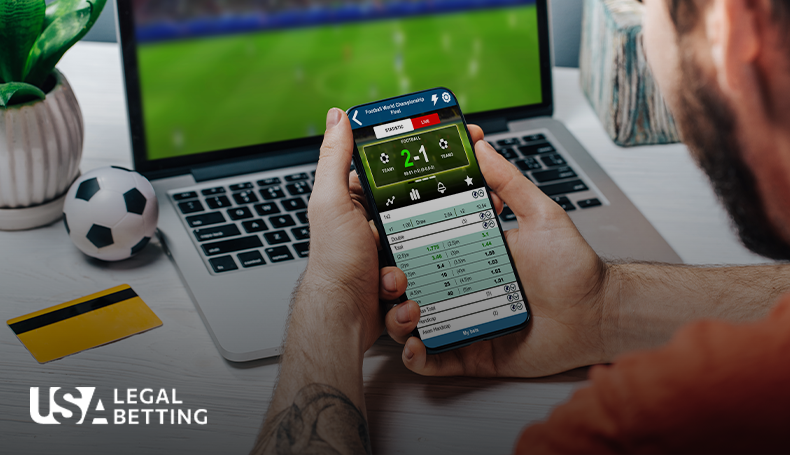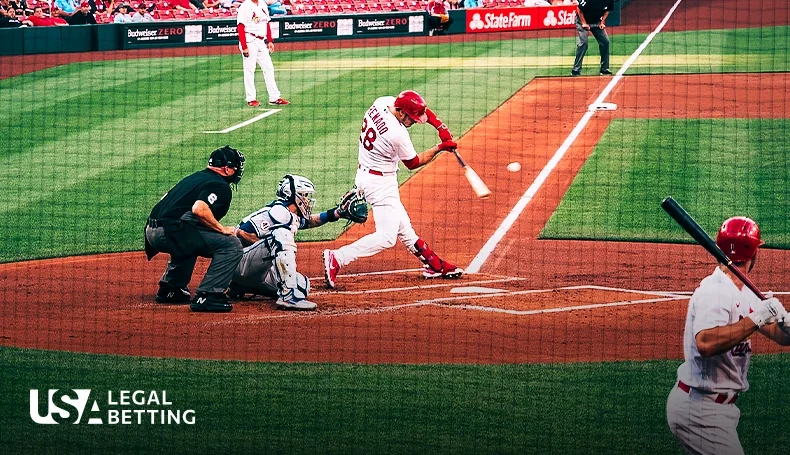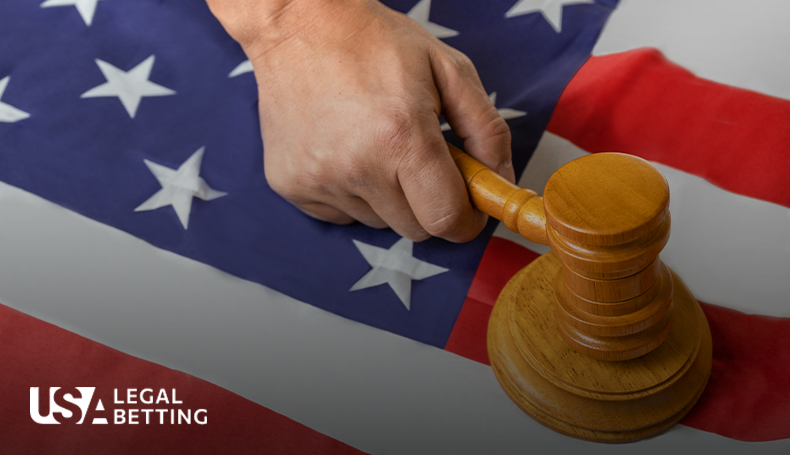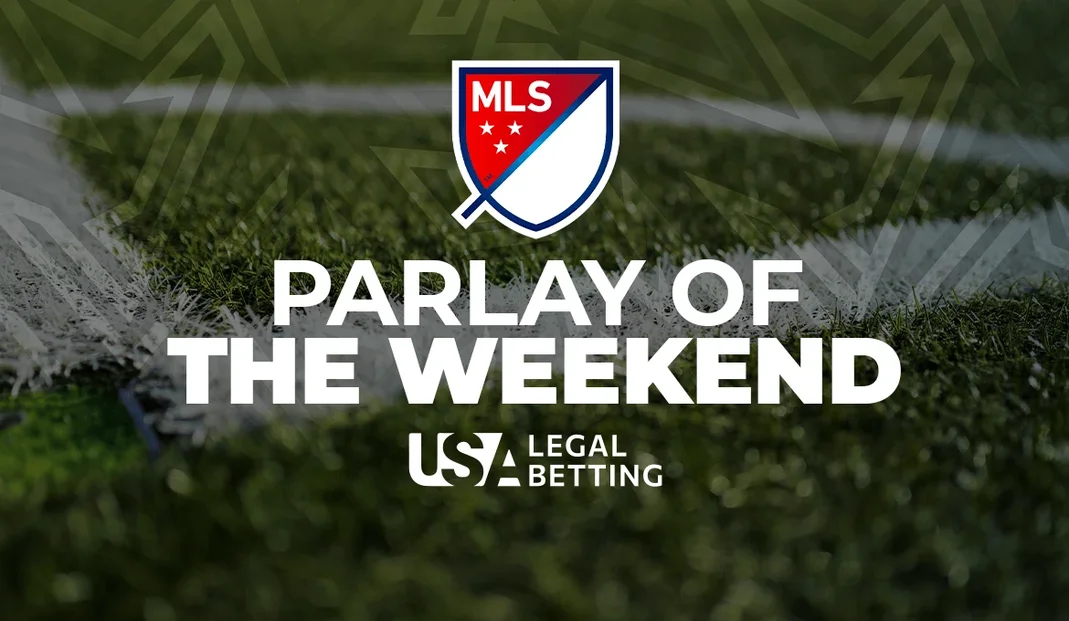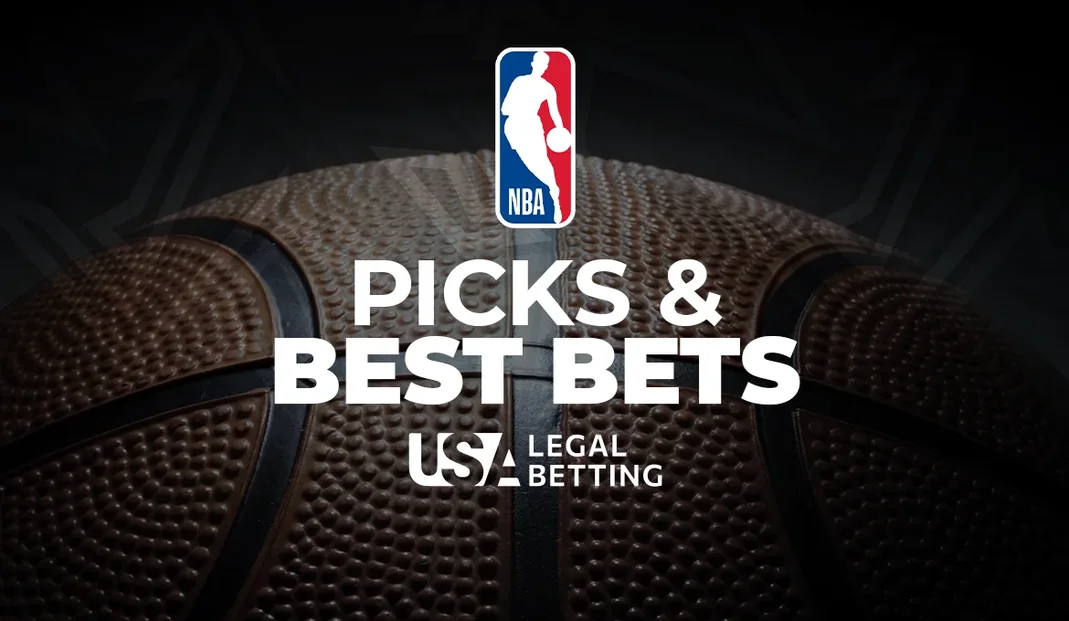Sports betting was legalized in Virginia in 2021. It didn’t take long for the booming industry to become an overwhelming success, with the state just posting a monthly record total $639 million handle in November 2023.
Top operators such as FanDuel, DraftKings, BetMGM, Caesars, and others are legal and live inside state lines. But despite the sportsbooks offering coverage and betting lines for teams and leagues across the globe, the potential addition of in-state schools could be one of the biggest developments within the local market.
Sen. Schuyler VanValkenburg, a Democrat representing Henrico, said that legalizing gambling on Virginia schools is the correct option for lawmakers since gamblers are already betting on these teams, just with illegal bookies.
“You can ban [betting on in-state schools and universities], but people are still going to do it,” said VanValkenburg. “The fear that this is going to corrupt or put pressure on Virginia athletes— that’s already there. We’re already living in that world.”
The unfortunate truth is that VanValkenburg is correct. Many student-athletes and coaches have undergone an increase in abuse since gambling was legalized.
Angry gamblers have become quick to lash out at athletes they view as underperforming, particularly when their on-court performances don’t match their bet slips.
Del. Mark Sickles, a Fairfax Democrat, also warned in 2020 that student-athletes could find ways to bet on their games and purposefully alter the outcomes of those games to make money. However, the NCAA prohibits student-athletes from betting on games and has launched several major investigations into illegal gambling over recent years.



